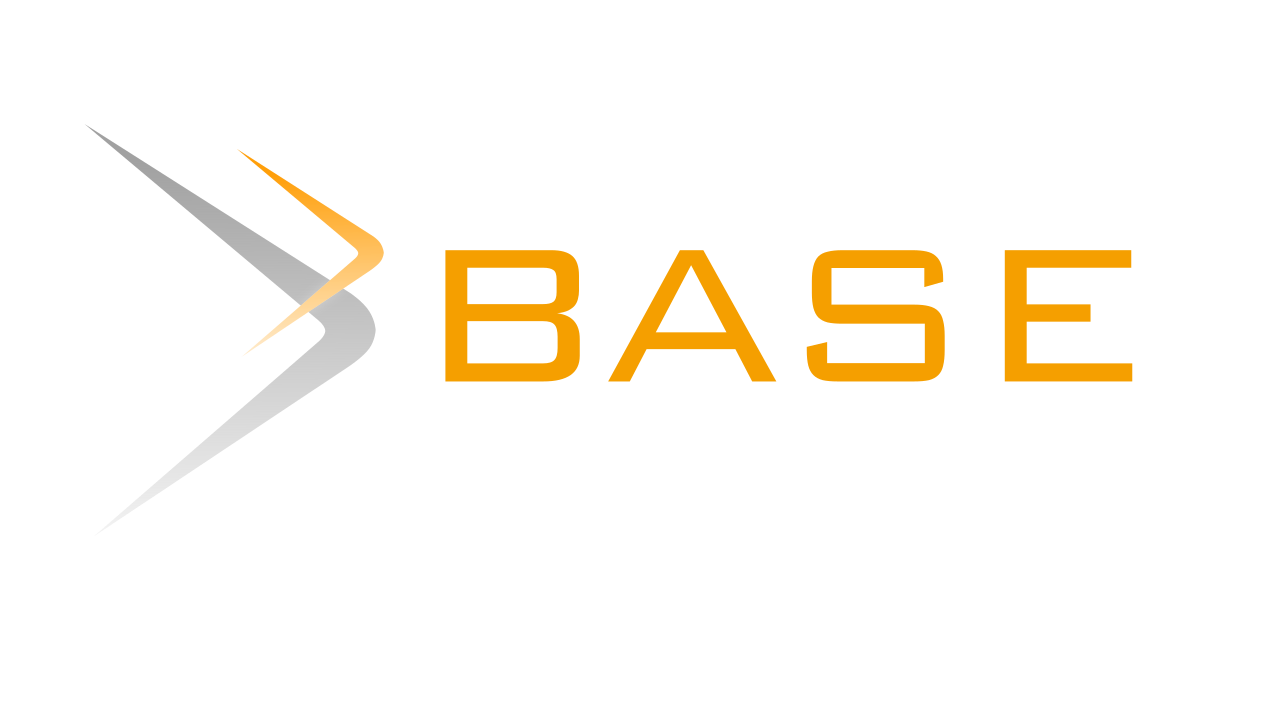Analysis of Behavior and Meaning of Ojek Driver Operational Costs in Calculation of Net Income Through Ethnometodological Study
DOI:
https://doi.org/10.32486/aksi.v7i1.292Abstract
Behavioral accounting study is a study that looks at the unity between accounting actors and the accounting system itself, so that in this behavioral accounting study, humans and accounting systems are recognized for their existence in the organizational dimension. In this study, researchers want to see the cost behavior of motorcycle taxi drivers (both online and base) in carrying out financial management to support their operational activities. Another objective of this research is to see how the motorcycle taxi driver community interprets costs. Thus, the focus of this research is all costs included in self-budgeting (self-budgeting) delivery service business activities. This study uses a non-positivistic qualitative research paradigm using ethnomethodological analysis tools. The data used in this study are all primary data obtained through in-depth interviews and direct observation. The results of this study indicate that most of the ojek drivers do not control their operational costs based on the cost principle, but rather based on their physical needs. This shows that self-interest is the biggest determinant in achieving organizational goals (in this case the household). In addition, there are inconsistencies in treating expense as cost. Most of the ojek drivers realize that the expenses they use for their personal interests will affect their family income, this shows that the expenses for their personal interests are recognized as operational costs.
References
Adisaputro, Gunawan dan Marwan Asri. 2018. Anggaran perusahaan. Yogyakarta: BPFE.
Basit, Abdul. 2009. Strategi Pengembangan Masjid Bagi generasi Muda. Komunika. Vol.3 No.2 Juli-Desember 2009, hal.270-286
Heridiansah, Jefri dan Wiranti Sri. Akuntansi Keperilakuan: Konsep Dasar & Dampaknya. Jurnal STIE Semarang. Vol. 2 No. 2 Juni 2010 hal 16-26.
Indriantoro, Nur dan Supomo, Bambang. 2002. Metodologi Penelitian Bisnis: Untuk Akuntansi dan Manajemen. Yogyakarta: BPFE.
Kamayanti, Ari. 2017. Metodologi Penelitian Kualitatif: Pengantar Religiousitas Keilmuan. Jakarta: Yayasan Rumah Peneleh
Koentjaraningrat. 1974. Kebudayaan Mentalitas dan Pembangunan. Jakarta: PT Gramedia.
Latif, Yudhi. 2009. Menyemai Karakter Bangsa: Budaya kebangkitan Berbasis Kesastraan.
Lubis, Arfan Ikhsan. 2017. Akuntansi Keperilakuan: Akuntansi Multiparadigma. Jakarta: Salemba Empat.
Murhadi, werner R. 2013. Analisis Laporan Keuangan: Proyeksi dan Valuasi Saham. Jakarta: Salemba Empat.
Panjaitan, Merphin. 2013. Dari Gotongroyong ke Pancasila. Bekasi: Jala Permata Aksara.
Panjaitan, merphin. 2016. Peradaban Gotongroyong. Jakarta: Jala Permata Aksara.
Triyuwono, I. 2009. Perspektif, Metodologi dan Teori Akuntansi Syariah. Jakarta: Rajawali Pers.
Van Horne, James C dan Wachowiez Jr, John M. 2013. Prinsip-prinsip Manajemen Keuangan: Fundamentals of Financial management. Jakarta: Salemba Empat.
Downloads
Published
How to Cite
Issue
Section
License
Copyright (c) 2022 Vaisal Amir, Hedi Pandowo, Yana Dwi Christanti

This work is licensed under a Creative Commons Attribution-ShareAlike 4.0 International License.













